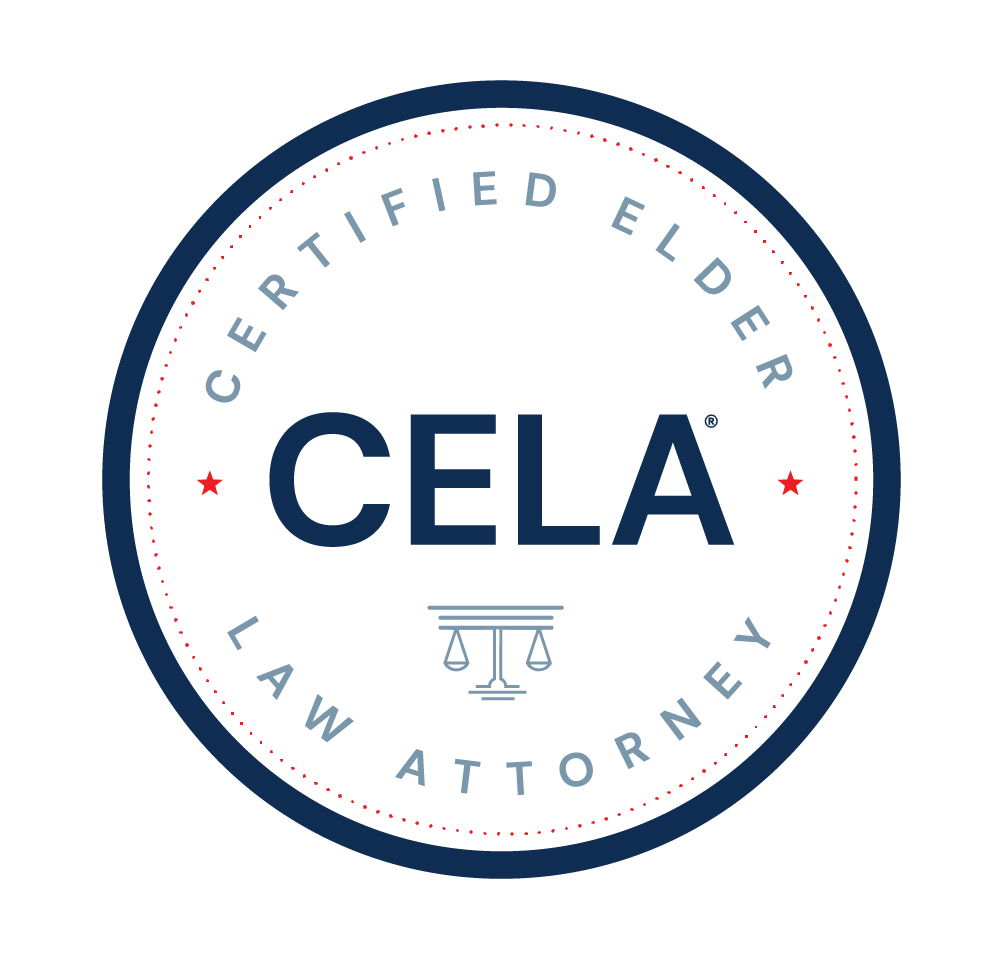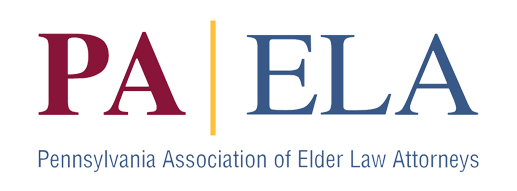Planning for Long-Term Care in Pennsylvania
Everyone hopes to be able to care for themselves well past their retirement; however, the need for long-term care is unpredictable. Based on the most recent estimates from the federal government, if you turn 65 today, there is an almost 70 percent chance you will need long-term care at some point in your life. And this care is costly. According to the Pennsylvania Healthcare Association, the annual cost of long-term care in the state is roughly $42,000 for an assisted living facility and over $113,000 for skilled nursing care.
The high cost of long-term care in Pennsylvania puts many individuals and families in a challenging position, especially those who cannot readily qualify for Medicaid benefits due to their monthly income of significant assets. To be eligible for Medicaid, you must have less than a specific monthly revenue. For example, to qualify for long-term care benefits, an individual can only make up to $2,523 per month, which comes out to just over $30,000 per year.
There is a significant difference between $30,000 and $113,000 per year. Many families face a complicated reality: They make too much monthly income to qualify for Medicaid but not enough to cover long-term care costs. Of course, depleting all of your assets is an option, but that will leave nothing left for your spouse to live on. Not to mention, spending down a life’s savings to qualify for Medicaid isn’t something most families want to consider. However, a Pennsylvania elder law attorney can help aging individuals identify other options that may allow them to keep some of their assets or income and still qualify for Medicaid benefits. The earlier you reach out to an attorney, the more options you will have.
Miller Trusts
A Miller Trust also called a Qualified Income Trust, allows you to transfer income directly into the trust, removing it from your “countable income” for Medicaid purposes. Any income sources that put you over the Medicaid income limit can be assigned to a Miller trust. However, you can only transfer certain types of income into a Miller trust, such as pension income, Social Security benefits, VA benefits, and interest income. Miller trusts must be set up as irrevocable, meaning there is little flexibility once they are created.
Long-Term Care Insurance
In the past, long-term care insurance was a popular way to hedge against the skyrocketing costs of long-term care. However, as nursing home care gets more expensive, so do the premiums for long-term care insurance. Thus, today, few people have long-term care insurance because it’s so costly. However, for those with a long-term care insurance policy, it is one of the best ways to pay for nursing home care in Pennsylvania.
Beware of Transfers
When you apply for Medicaid, the government will review all financial transactions for the five years before your application. You could incur a Medicaid eligibility penalty if you made gifts, transfers, or sold assets at less than market value. The penalty’s length depends on the amount of improperly transferred money.
Do You Have Questions About How to Qualify for Medicaid?
Planning for Medicaid eligibility, either for yourself or a loved one, can be overwhelming. However, you do not have to go through this complicated process alone. At the Harrisburg estate planning law firm, Hazen Law Group, we work with people from all walks of life with diverse backgrounds, financial needs, hopes, and goals. Our team of experienced Medicaid planning attorneys understands that your family’s needs are unique, and we will cater our discussions and recommendations accordingly. The founder of Hazen Law Group, Marielle Hazen, has been named one of the Best Lawyers – and the Hazen Law Group, one of the Best Law Firms – in the country by U.S. News and World Report for several years. We give you the peace of mind of knowing the best possible plan is in place to provide for your family members. To learn more about how we can help you plan for your future and that of your family, call 717-540-4332 to schedule a consultation with one of our compassionate attorneys today.











